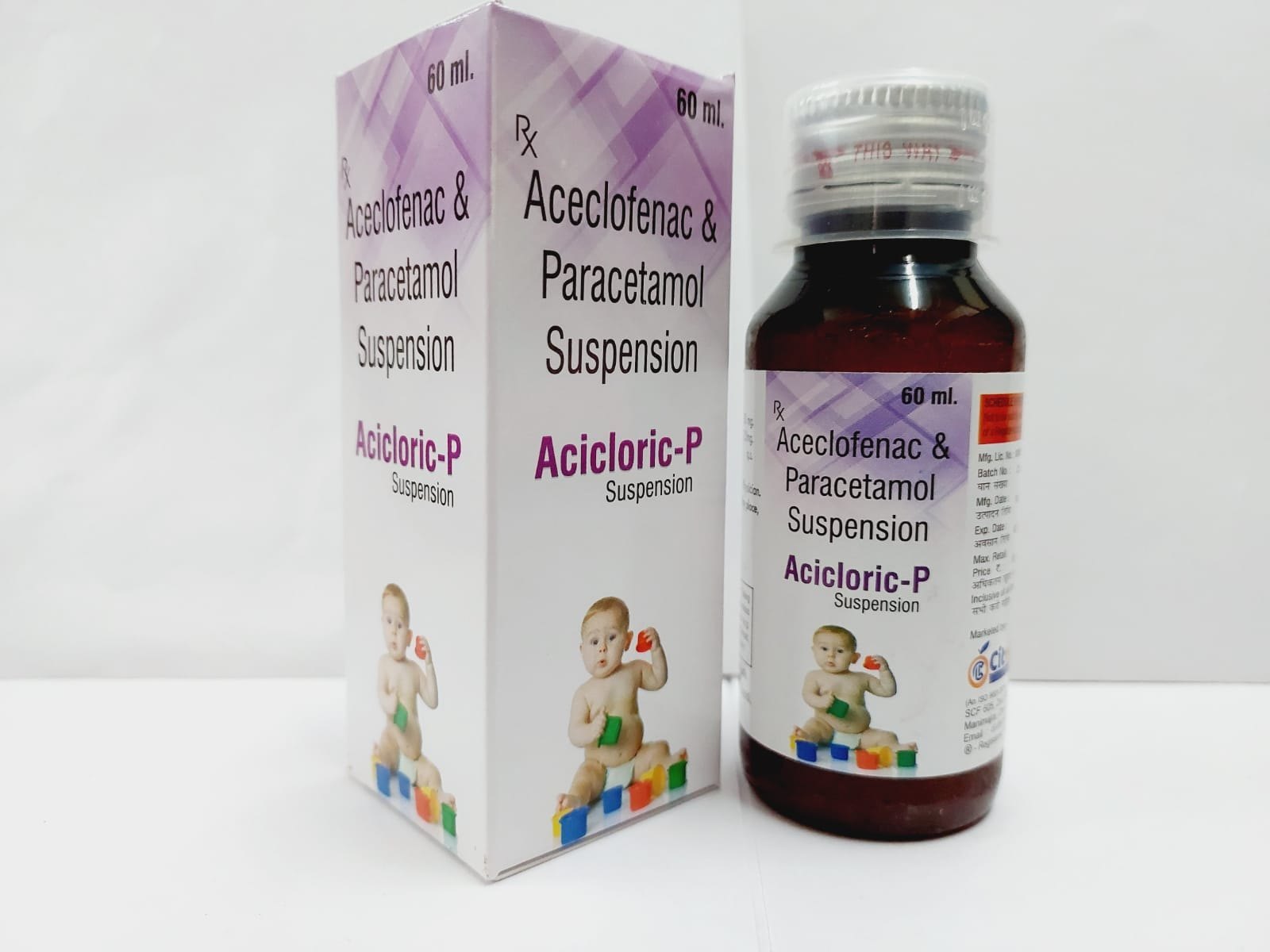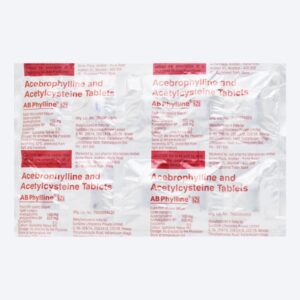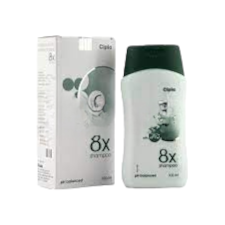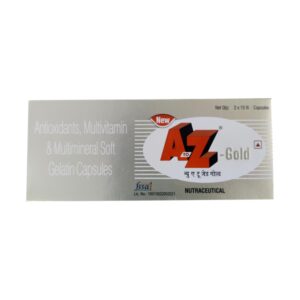Product Introduction:
ACICLORIC P Suspension is a combination medication that contains two active ingredients: Aceclofenac (50mg) and Paracetamol (125mg). This combination is formulated to provide pain relief, reduce inflammation, and lower fever. It is commonly used in the treatment of various painful conditions, such as musculoskeletal pain and fever associated with infections.
ACICLORIC P Suspension works by blocking the action of a chemical messenger that is known to cause fever and inflammation. Adhere to the prescribed dose, time, and way while giving this medicine to your child. It can be given orally before or after meals. However, it is best to give this medicine to your child after meals as this will prevent the chance of developing an upset stomach. Try giving it at a fixed time so that it becomes a part of your child’s daily routine and helps prevent missing a dose.
If your child vomits within 30 minutes of taking this medicine, give the same dose again but do skip it if it’s time for the next dose. Avoid giving more than the recommended dose for fast relief as that may cause unwanted effects in your child. Complete the full dose of the medicine even if your child feels better after a few doses because stopping the medicine in between may worsen the condition.
Your child may show side effects like nausea, vomiting, abdominal pain, loss of appetite, heartburn, and diarrhea after taking this medicine. These side effects are temporary and are likely to subside once your child’s body adapts to the medicine. In case they persist or become bothersome for your child, do consult your child’s doctor on a priority basis.
Before administering ACICLORIC P Suspension to your child, do inform the doctor if your child is allergic to any medicine or products, or has a history of any heart problems, birth defects, liver disease, kidney disease, lung disease, or bleeding disorder. This information is critical for dose alteration and helps in planning your child’s overall treatment.
Benefits:
- Pain Relief: Aceclofenac, a nonsteroidal anti-inflammatory drug (NSAID), helps relieve pain and reduce inflammation.
- Fever Reduction: Paracetamol (acetaminophen) is effective in reducing fever and relieving mild to moderate pain.
Side Effects:
Common side effects of Aceclofenac and Paracetamol may include:
- Nausea
- Upset stomach
- Headache
- Dizziness
- Skin rash
- Allergic reactions
It’s important to seek medical attention if you experience severe or persistent side effects.
Usage Guidelines:
- Shake the suspension well before each use.
- Administer the suspension using the provided measuring device or as directed by your healthcare provider.
- The dosage is usually based on the weight of the child or as prescribed by the healthcare provider.
- Administer the suspension with or after food to reduce the risk of stomach upset.
Drug Interactions:
- Inform your healthcare provider about all medications your child is taking, including prescription, over-the-counter, vitamins, and herbal supplements.
- Aceclofenac and Paracetamol may interact with certain medications, and it’s crucial to ensure that there are no potential adverse interactions.
Precautions:
- Discuss any history of allergies, especially to NSAIDs or Paracetamol.
- Notify your healthcare provider if your child has any pre-existing medical conditions, especially liver or kidney problems.
- Follow the prescribed dosage and avoid exceeding recommended doses, as excessive use of Paracetamol can lead to liver damage.
It’s essential to adhere to the specific guidelines provided by your healthcare provider or on the product packaging. If you have any concerns or observe adverse effects, contact your child’s healthcare professional promptly.
SAFETY ADVICE

Alcohol

Pregnancy

Breast feeding

Driving

Kidney
Discuss with your child’s doctor thoroughly before giving this medicine to your child. The use of ACICLORIC P Suspension is not recommended in children with severe kidney disease.

Liver
Discuss with your doctor thoroughly before giving ACICLORIC P Suspension to your child. Regular monitoring of liver function tests (LFT) is recommended while your child is taking this medicine.
| Weight | 0.5 kg |
|---|---|
| Dimensions | 10 × 10 × 10 cm |





